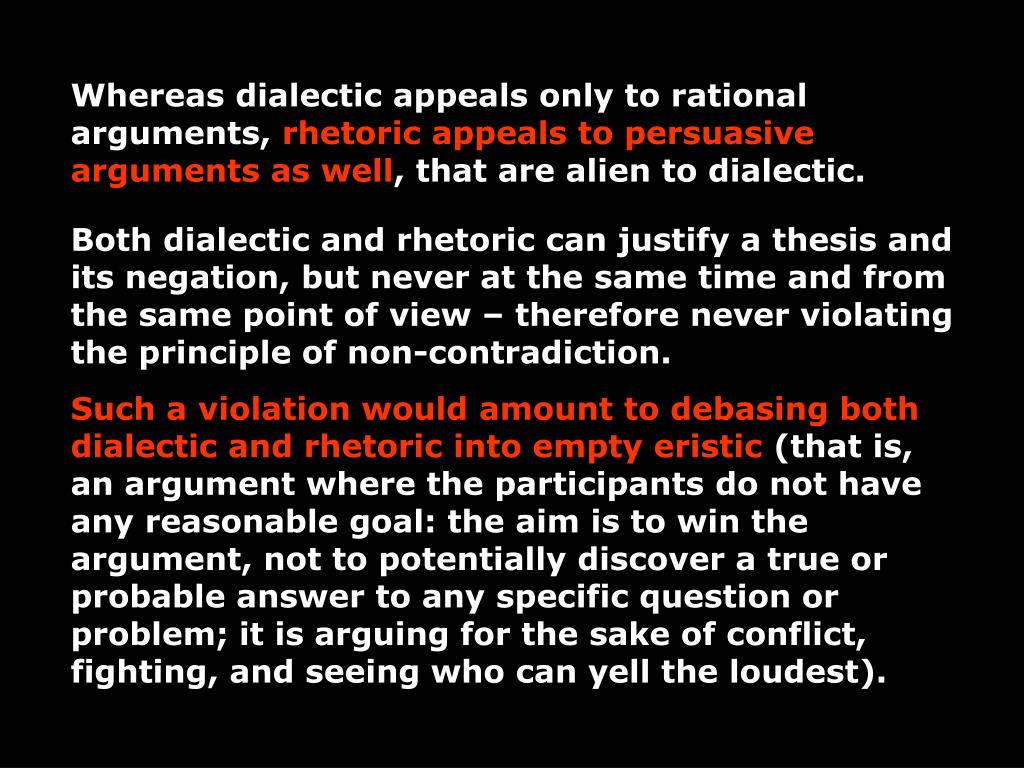

IEP, Kant’s Dialectic, Loparic, Kant's Dialectic, Guyer, The Unity of Reason and Rotenstreich, Kant's Dialectic. On Kant's "transcendental dialectic" there is more or less an agreement, see e.g. In both cases the division is between correct and incorrect employment of understanding and reason in their formal (general, syntactic) and transcendental (synthetic, semantic) functions. Kant has two types of analytic and dialectic, formal and transcendental. To the analytic Darjes assigned "concepts and definitions and their origin either a priori or a posteriori, judgments and sentences, intuitive judgments and the generality a posteriori, discursive judgments." and to the dialectic "probability in general and as a way to dialectically find the truth, a way to find apparent terms or definitions, theoretical sentences a priori and a posteriori, philosophical hypotheses, hermeneutic probability, probable criticism, assessment of the likelihood of other people's opinions". The "discovering" part separates him from contemporary Wolffians, who saw logic only as ars demonstrandi, and anticipates the understanding of Logic (and dialectic in particular) in later German idealism.

He defined the analytic as the " science of rules for discovering truths with certainty" and dialectic as the " science of discovering plausible truths". This analogy may have moved Kant to adopt the Aristotelian term."ĭarjes is an 18th century author who published Introductio in Artem Inveniendi, seu Logicam theoretico-practicam, qua Analytica atque Dialectica.
#Dialectic aristotle manuals
The content of the Kantian transcendental analytics and dialectics is clearly quite different from that of the eponymous parts of the Aristotelian manuals but the hypothetical and antithetical character the transcendental dialectic probably corresponds to the concept of logica probabilium or disputatrix. Kant knew the Darjesian philosophy very well, he had dealt with it several times and stood in some details under the influence of Darjes and his school. " The division of the Critique of Pure Reason into Transcendental Analytic and Transcendental Dialectic is undoubtedly after the process made by Darjes. The genesis of the terms "analytic" and "dialectic" in Kant's time is discussed in Tonelli's Der historische Ursprung der kantischen Termini „Analytik“ und „Dialektik“, who concludes (my translation):

The meaning of the term dialectic, as in Transcendental Dialectic, in the Critique Of Pure Reason, is obscure.


 0 kommentar(er)
0 kommentar(er)
